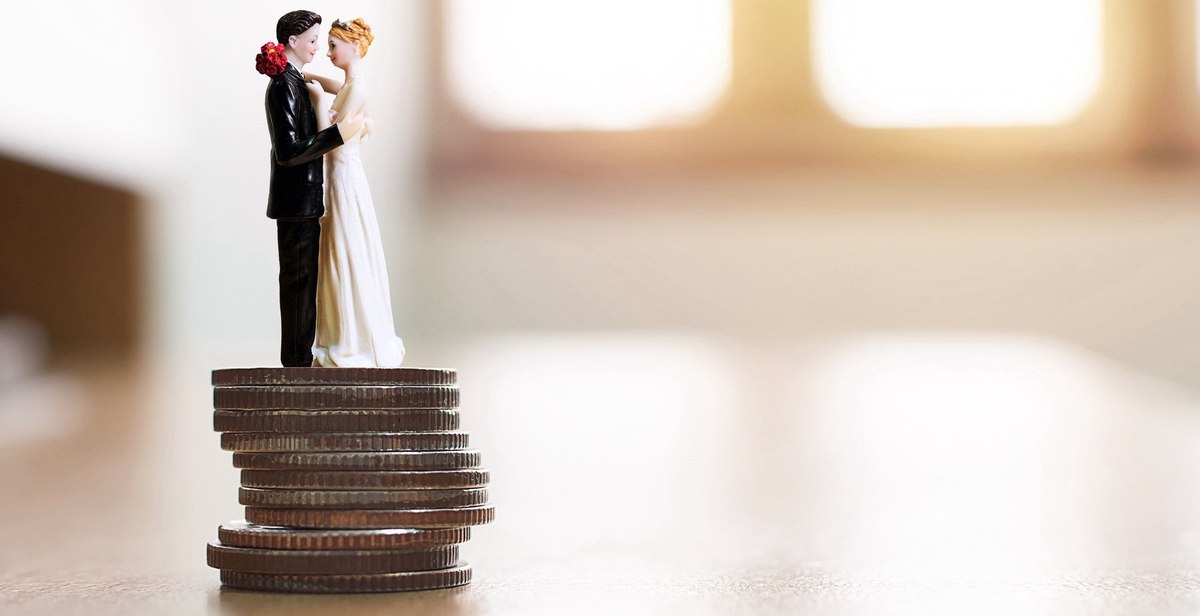Does discrimination against single people exist in the U.S.? According to a new poll, Americans are split, with unmarried women especially likely to say yes.
The Cambridge English Dictionary recently added a new word: singlism, which is defined as the “unfair treatment of people who are single.” Social psychologist Bella DePaulo coined the term roughly a decade ago, and while it hasn’t permeated mainstream discourse to the extent of other “-isms,” such as racism and sexism, awareness surrounding the stigma and disadvantages faced by singles has arguably risen in recent years. DePaulo’s thesis, that unmarried people are treated unfairly, is backed up by recent research showing that single people report lower levels of well-being compared to coupled adults, which researchers find is at least partially attributable to negative treatment and discrimination.
To understand where Americans stand on the issue, we showed 1,000 adults a description of singlism and asked if they think single people are stigmatized and discriminated against relative to people who are coupled. Four in 10 Americans say that single people face a lot or at least a little discrimination. Roughly the same proportion say that single people do not face discrimination. Unmarried women are most likely to say singlism is real; a majority say it exists, compared to 40% or fewer among men and married women.
An analysis by Lisa Arnold and Christina Campbell published in The Atlantic found that over a single person’s lifetime, they pay far more than married people for equivalent health care, taxes, housing, and other expenditures. These disparities are due in part to policies that implicitly — and at times explicitly — benefit the married over the unmarried. Do Americans think these institutionalized practices are fair, or unfair? Our findings suggest that public opinion is roughly evenly divided.
Federal and state laws that allow married couples to file their taxes jointly instead of separately often save married people a significant amount of money. Arnold and Campbell compare the situation of a single woman earning $80,000 to a married woman earning the same amount. They find that based on 2011 rates, the married woman would pay about $4,000 dollars less in taxes than the single woman, which they extrapolate would add up to $155,000 over 40 years. While the American public overall is split on whether it's unfair (37%) or fair (36%) that married people sometimes pay less taxes, a majority of unmarried women say it is unfair, compared to only 21% who say it is fair. Four in 10 unmarried men, three in 10 married women, and two in 10 married men say it is unfair.
Employment benefits, such as Social Security and health insurance, also tend to benefit the married over the unmarried. Upon retirement, the federal government offers married people a dual claim option, allowing them to claim Social Security both as a spouse and then later as a worker. When a married person dies, their Social Security benefits go to their spouse or children, but when a single person without children dies, their benefits go back into the system. In the United States, one way that people frequently access health insurance is through their spouse’s employer, an option that is not usually available to unmarried people. When asked about differences in access to Social Security and health insurance in our survey, 38% of Americans said these disparities were unfair, compared to 36% who said they were fair. Nearly half of women who are not married say these policies are unfair to single people; married people, on the other hand, are more likely to say these policies are fair than unfair.
Unmarried people often pay more for housing than married people. While this is due in part to the logistical costs of living alone and being unable to split rent or mortgage payments, it could also be an outcome of discrimination from realtors and landlords. While federal law prohibits housing and employment discrimination on the basis of gender, race, religion, national origin, and disability status, it does not prohibit discrimination on the basis of marital status. In a series of four experiments, DePaulo and her colleagues asked students and rental agents to rate profiles of potential renters with varying relationship statuses. In all four studies, they found that married couples were overwhelmingly favored over both single and cohabiting couples. In our survey, more Americans say the lack of legal protection against discrimination based on marital status is unfair (37%) than say it is fair (27%). Married men are twice as likely as unmarried women to say the lack of legal protections is fair.
See crosstabs and toplines for this poll.
Methodology: This U.S. News survey was conducted by YouGov using a nationally representative sample of 1,000 U.S. adult citizens interviewed online on January 27 - 31, 2022. This sample was weighted according to gender, age, race, and education based on the 2018 American Community Survey, conducted by the U.S. Census Bureau, as well as 2016 and 2020 Presidential votes (or non-votes). Respondents were selected from YouGov’s opt-in panel to be representative of all U.S. citizens. The margin of error is approximately 3% for the overall sample.










